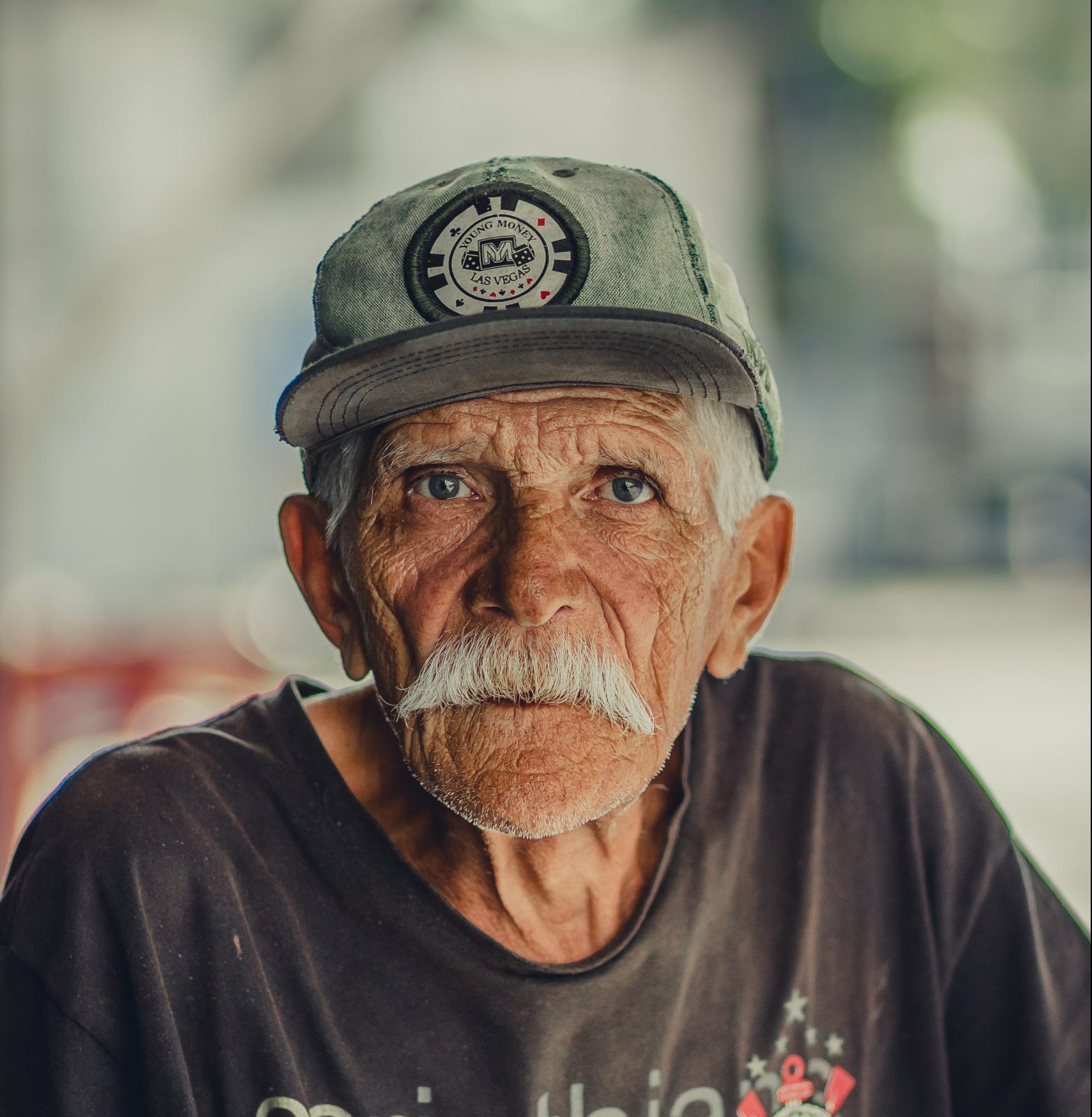
Housing at Risk: An Investigation into the Toronto Community Corporation’s Eviction of Seniors on the Basis of Rent Arrears
The Issue
In October 2009, Al Gosling died one month short of his 82nd birthday, five months after being evicted for arrears from his Toronto Community Housing Corporation (TCHC) apartment, where he had lived for 21 years. The Honourable Justice Patrick LeSage was appointed by TCHC’s Board of Directors to conduct an independent review of the eviction.
In his findings, Justice LeSage emphasized the importance of eviction prevention and personal contact with vulnerable tenants. He noted that TCHC’s application of its eviction prevention policies was either inconsistent or inappropriately used.
Our Investigation
In October 2012, as a result of complaints, the Ombudsman initiated an investigation into the eviction of seniors for nonpayment of arrears. The investigation centred on whether eviction prevention policies were applied consistently, and in keeping with Justice LeSage’s recommendations.
As a part of the investigation, we interviewed current and former employees of TCHC, City of Toronto Shelter, Support and Housing Administration (SSHA) staff, current and former members of the Board, the provincial government manager of social housing policy, representatives of the social housing sector, staff from community support groups and representatives of community legal clinics engaged in housing issues.
We also examined legislation, City and TCHC policies, procedures, guidelines and governing frameworks. Seventy-five TCHC tenant files were reviewed, representing all the examples of seniors in 2011 and 2012 who had been evicted, or abandoned their housing after eviction proceedings were started. Four additional files were reviewed based on specific complaints.
What We Found
Our investigation found several issues of unfairness. The investigation findings are more unsettling in this case than previous investigations and inquiries, because the TCHC’s prior undertakings and promises remain unfulfilled.
Some of the fairness issues we identified include that TCHC is:
- Not always using evictions as last resort.
- Not consistently following its Evictions Prevention Policy, procedures, and arrears collection process.
- Not always making reasonable efforts to achieve direct contact with a tenant that is facing eviction for non-payment.
- Requiring rent-geared-to-income tenants to verify their eligibility by providing proof of income every year – a process that is onerous and occurs at a frequency inappropriate for many seniors who have relatively stable incomes.
Additionally, we found that TCHC has not yet implemented a a number of Justice LeSage’s straightforward recommendations related to the subject of this investigation. This is unacceptable.
Our Recommendations
The Ombudsman made 30 recommendations ranging from staff training and performance management to properly implementing its policies and bringing its practices into line to ensure equitable, consistent, lawful and humane conduct toward its senior population.